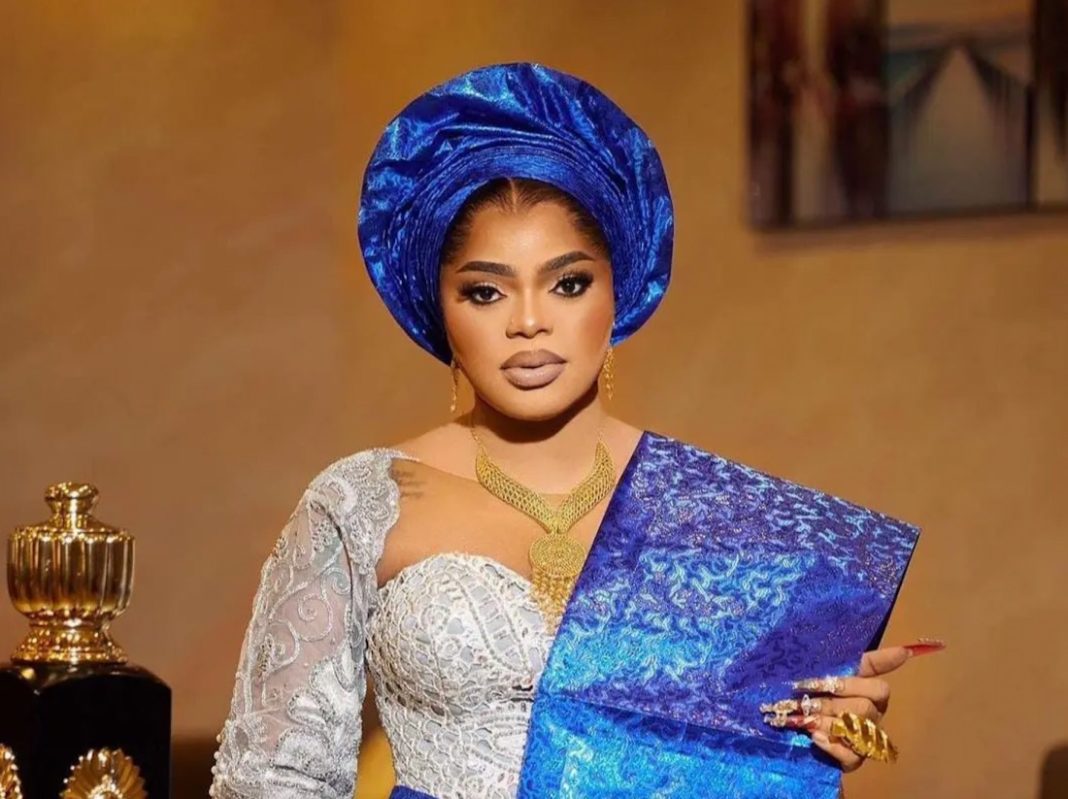LAGOS, Nigeria — The Federal High Court in Lagos has struck out a fundamental rights lawsuit filed by Idris Okuneye, popularly known as Bobrisky, against the Economic and Financial Crimes Commission, EFCC.
Bobrisky had alleged a violation of his rights by the commission and sought N200 million in damages.
In a judgment delivered on Thursday, November 28, 2024, Justice Alexander Owoeye ruled that Bobrisky’s claims lacked merit, citing insufficient evidence to substantiate the alleged breach of his rights.
Reliefs Sought by Bobrisky
Bobrisky had petitioned the court to issue an order restraining the EFCC and its agents from harassing, declaring him wanted, arresting, or detaining him.
He also sought N200 million in damages for what he described as undue interference by the EFCC in his personal affairs.
However, after reviewing the evidence presented, Justice Owoeye found no credible basis for granting the requested reliefs.
“Having evaluated the evidence placed before this Court by the Applicant, it is evident that the Applicant has failed to provide credible evidence to justify the award of the declaratory and injunctive reliefs sought by him,” Justice Owoeye stated.
Court’s Verdict
The judge dismissed all of Bobrisky’s claims, ruling that the allegations against the EFCC and the National Assembly were not supported by the evidence provided.
“In the final analysis, I hold the claims of violation of fundamental rights against the 1st and 2nd Respondents were not made out of the affidavit evidence placed before this Court.
The claim of the Applicant against the 1st to the 2nd Respondents hereby lacks merit and is liable to be dismissed. It is accordingly dismissed,” the judge concluded.
The court also declined to award any damages to Bobrisky, effectively dismissing all his requests for financial compensation.
Background of the Case
Bobrisky, a popular Nigerian social media influencer, had accused the EFCC of infringing on his rights in relation to an arrest and trial initiated by the commission.
He argued that the EFCC’s actions constituted harassment and unlawful interference.
This case adds to the growing list of legal battles involving the EFCC and prominent Nigerian figures, as the commission continues its high-profile anti-corruption efforts.
Bobrisky has yet to release an official statement in response to the court’s ruling.







